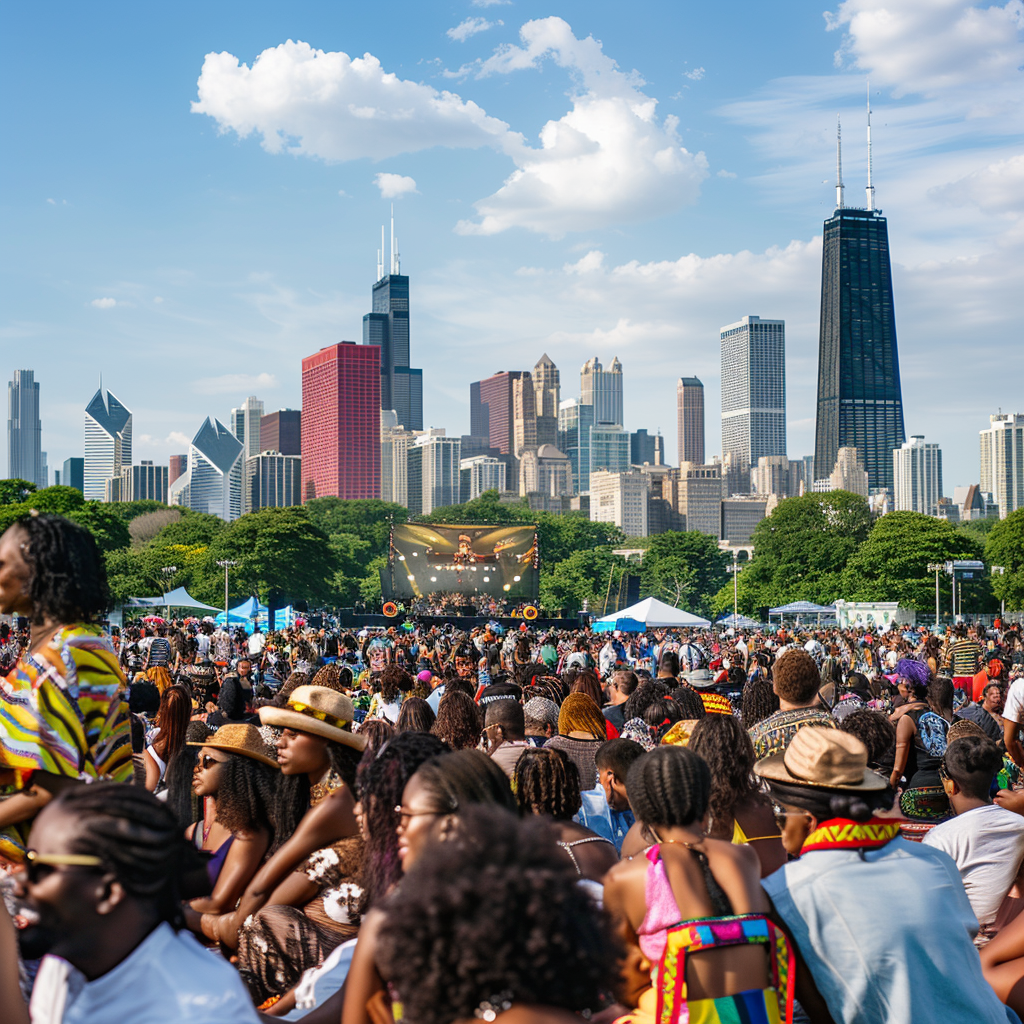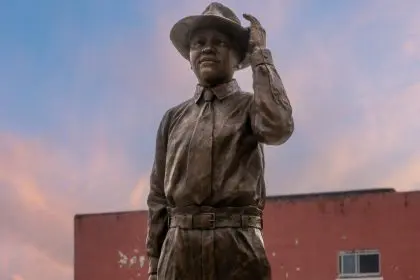Juneteenth represents one of America’s most significant freedom celebrations, commemorating the moment on June 19, 1865, when enslaved African Americans in Galveston, Texas finally learned of their emancipation nearly two and a half years after the Emancipation Proclamation. This delayed notification reveals the harsh reality that slaveholders deliberately withheld freedom information, prolonging unjust exploitation for hundreds of thousands of people.
The federal holiday designation in 2021 elevated Juneteenth from regional observance to national recognition, creating opportunities for Americans from all backgrounds to participate in meaningful celebration and education. Understanding how to observe this historic day appropriately honors both the struggle for freedom and ongoing efforts toward racial equality.
Community events provide authentic celebration opportunities
Participating in local celebrations including parades, concerts, and cultural festivals that bring communities together around shared values of freedom and equality. These public gatherings create opportunities to experience African American culture through food, music, and performances while learning about historical traditions surrounding the holiday.
Community events often feature educational components that deepen understanding of Juneteenth’s significance beyond simple celebration, connecting historical emancipation with contemporary civil rights issues. Local festivals provide platforms for intergenerational knowledge sharing where older community members can share experiences with younger participants.
Attending organized celebrations supports local African American communities and cultural organizations that invest significant effort in creating meaningful programming. These events demonstrate community solidarity while providing safe spaces for cultural expression and historical remembrance.
Organizing neighborhood gatherings builds local connections
Create personal celebration opportunities by organizing community gatherings that bring together friends, family, and neighbors for shared meals and conversation. Potluck gatherings encourage cultural exchange when participants bring dishes representing their diverse backgrounds while learning about Juneteenth traditions.
Neighborhood celebrations provide intimate settings for meaningful conversations about freedom, equality, and community history that might not occur in larger public events. These personal gatherings allow hosts to curate educational materials and activities that match their community’s interests and knowledge levels.
Community organizing around Juneteenth builds stronger neighborhood relationships while creating annual traditions that can grow over time. These grassroots celebrations demonstrate how individual initiative can contribute to broader cultural education and awareness efforts.
Educational activities deepen historical understanding
Focus on learning and teaching others about Juneteenth’s historical significance through books, articles, documentaries, and other educational resources. This approach particularly benefits families with children who may not receive comprehensive Juneteenth education through traditional school curricula.
Educational programming should address both the specific events of June 19, 1865, and the broader context of slavery, emancipation, and post-Civil War reconstruction that shaped African American experiences. Understanding this historical complexity helps participants appreciate why Juneteenth matters beyond single-day commemoration.
Sharing newfound knowledge with others, especially through intergenerational conversations, helps preserve historical memory while building awareness about ongoing relevance of freedom struggles. Educational approaches create foundations for informed participation in contemporary civil rights discussions and actions.
Volunteer service connects historical values with contemporary action
Volunteer with organizations that work toward racial justice, equality, and African American community advancement. This service orientation connects Juneteenth’s historical significance with ongoing efforts to address systemic inequalities and promote social progress.
Volunteer opportunities might include supporting local civil rights organizations, participating in community development projects, or contributing skills to educational programs that serve underrepresented populations. These activities demonstrate how individual actions can contribute to broader social change efforts.
Active engagement with racial justice causes acknowledges that the freedom celebrated on Juneteenth remains incomplete while providing practical ways to contribute to continued progress. Volunteer service transforms celebration into constructive action that honors historical struggles through contemporary commitment.
Supporting Black-owned businesses promotes economic empowerment
Consciously support Black-owned businesses through purchasing decisions that promote economic empowerment and community development. This approach recognizes that economic equality represents a crucial component of the freedom that Juneteenth commemorates.
Supporting Black entrepreneurs through regular business patronage creates sustained economic impact beyond single-day gestures, contributing to wealth building and community stability. These purchasing decisions help address historical economic disparities while supporting contemporary business development efforts.
Economic empowerment initiatives recognize that true freedom requires not only legal equality but also economic opportunity and community ownership. Supporting Black-owned businesses connects individual consumer choices with broader goals of economic justice and community self-determination.
Media programming creates shared learning experiences
Host watch parties or listening sessions featuring Juneteenth-related documentaries, podcasts, books, or films that explore African American history and contemporary experiences. These gatherings combine entertainment with education while fostering meaningful discussions about complex historical and social issues.
Carefully selected media programming can address various aspects of the African American experience, from historical slavery and emancipation to contemporary achievements and ongoing challenges. Group viewing creates opportunities for discussion and reflection that enhance individual learning through shared perspectives.
Media-based celebrations can accommodate different learning styles and age groups while providing structured frameworks for exploring difficult historical topics. These educational approaches help participants develop deeper appreciation for African American contributions to American culture and society.
Historical sites and museums provide immersive education
Visit museums, historical sites, and cultural exhibits that showcase African American history and achievements. These institutional resources provide professionally curated educational experiences that complement personal research and community celebrations.
Museum visits offer opportunities for family learning experiences that combine entertainment with serious historical education about the African diaspora and American development. Professional exhibits and guided tours provide expert interpretation that enhances understanding of complex historical events and their contemporary relevance.
Cultural institutions often feature special Juneteenth programming that includes lectures, performances, and interactive activities designed to engage visitors in meaningful ways. These professionally designed experiences provide high-quality educational opportunities that individual research might not achieve.
Meaningful observance requires ongoing commitment
Effective Juneteenth celebration extends beyond single-day activities to encompass year-round commitment to understanding African American history and supporting racial equality efforts. This sustained approach recognizes that freedom struggles continue requiring active participation rather than passive commemoration.
The holiday provides annual opportunities for reflection, education, and renewed commitment to justice while serving as a reminder that historical progress required tremendous sacrifice and courage. Contemporary observance should honor these sacrifices through meaningful action rather than superficial gestures.
Juneteenth celebration connects historical memory with contemporary responsibility, challenging participants to consider how they can contribute to ongoing efforts toward racial equality and social justice. This connection between past and present ensures that holiday observance serves constructive purposes rather than mere historical nostalgia.
Authentic Juneteenth celebration requires acknowledging both the progress achieved since 1865 and the work remaining to fulfill promises of equality and justice for all Americans. This balanced approach honors historical achievements while maintaining commitment to continued progress toward the inclusive society that freedom movements have long envisioned.


















